Health Policy and Law: Evergreen State Vaccination Policy Report
VerifiedAdded on 2023/01/23
|5
|860
|50
Report
AI Summary
This report delves into the intersection of health policy and law, specifically focusing on vaccination strategies and their implementation within the context of potential challenges. It offers a series of recommendations aimed at navigating the complexities of public health initiatives, including the engagement of religious groups, addressing legal risks, and securing financial and logistical support. The report emphasizes the importance of stakeholder collaboration, the need for strong policy enforcement, and the prioritization of public health outcomes. It suggests practical steps such as counseling sessions, public awareness campaigns, and the establishment of support systems to ensure the success of vaccination programs. The report also underscores the importance of considering diverse perspectives and the need for policymakers to make decisions that prioritize the health and safety of children, while also addressing concerns from various groups.
1 out of 5
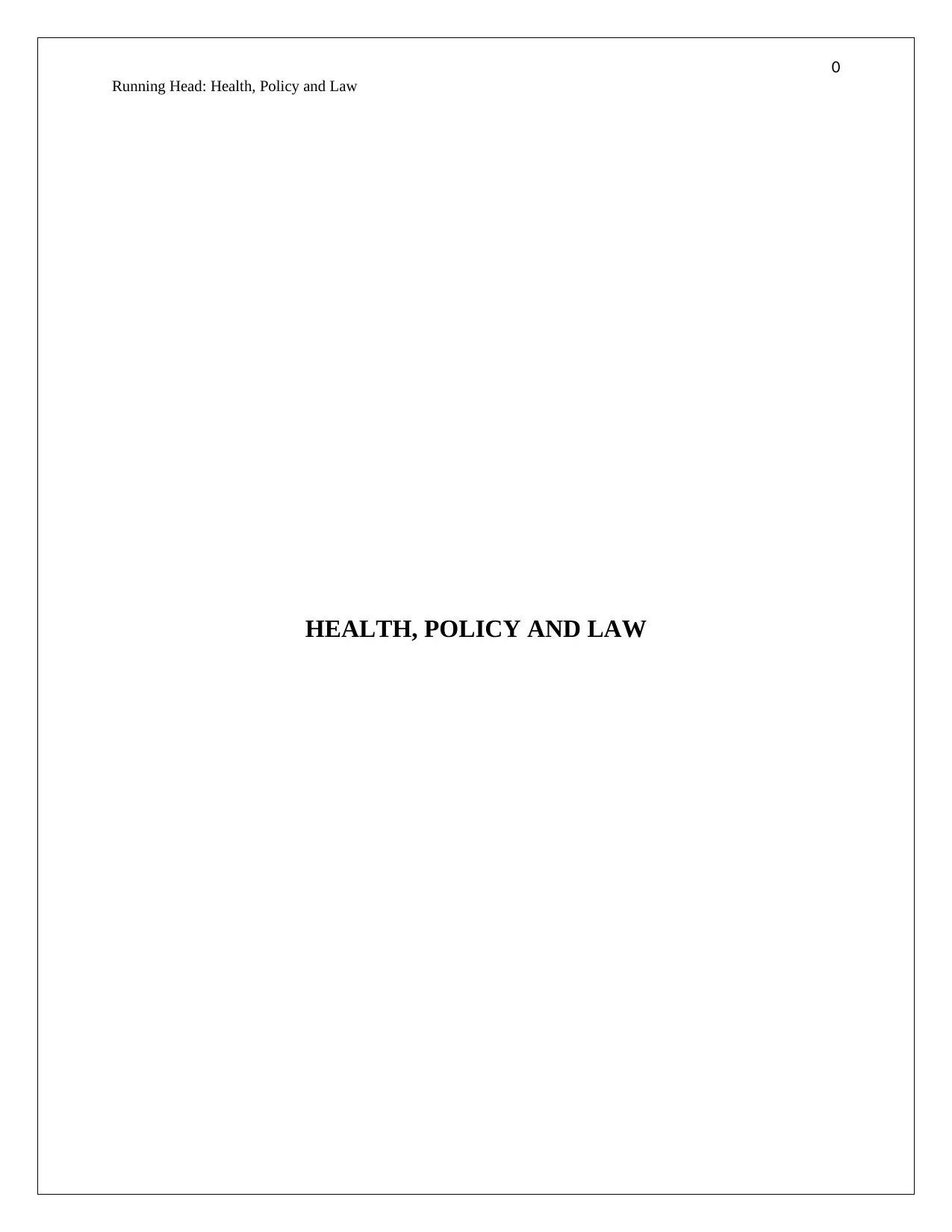
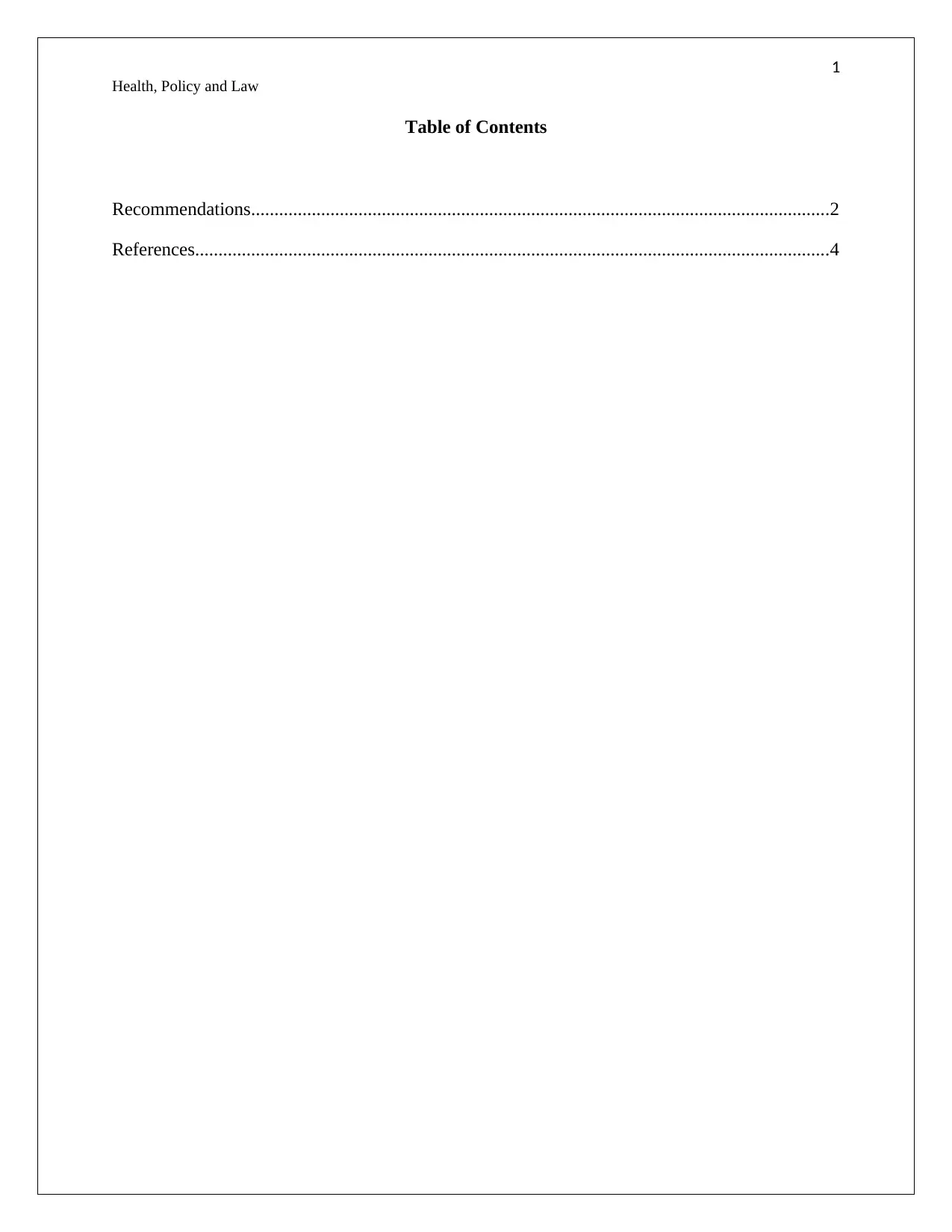
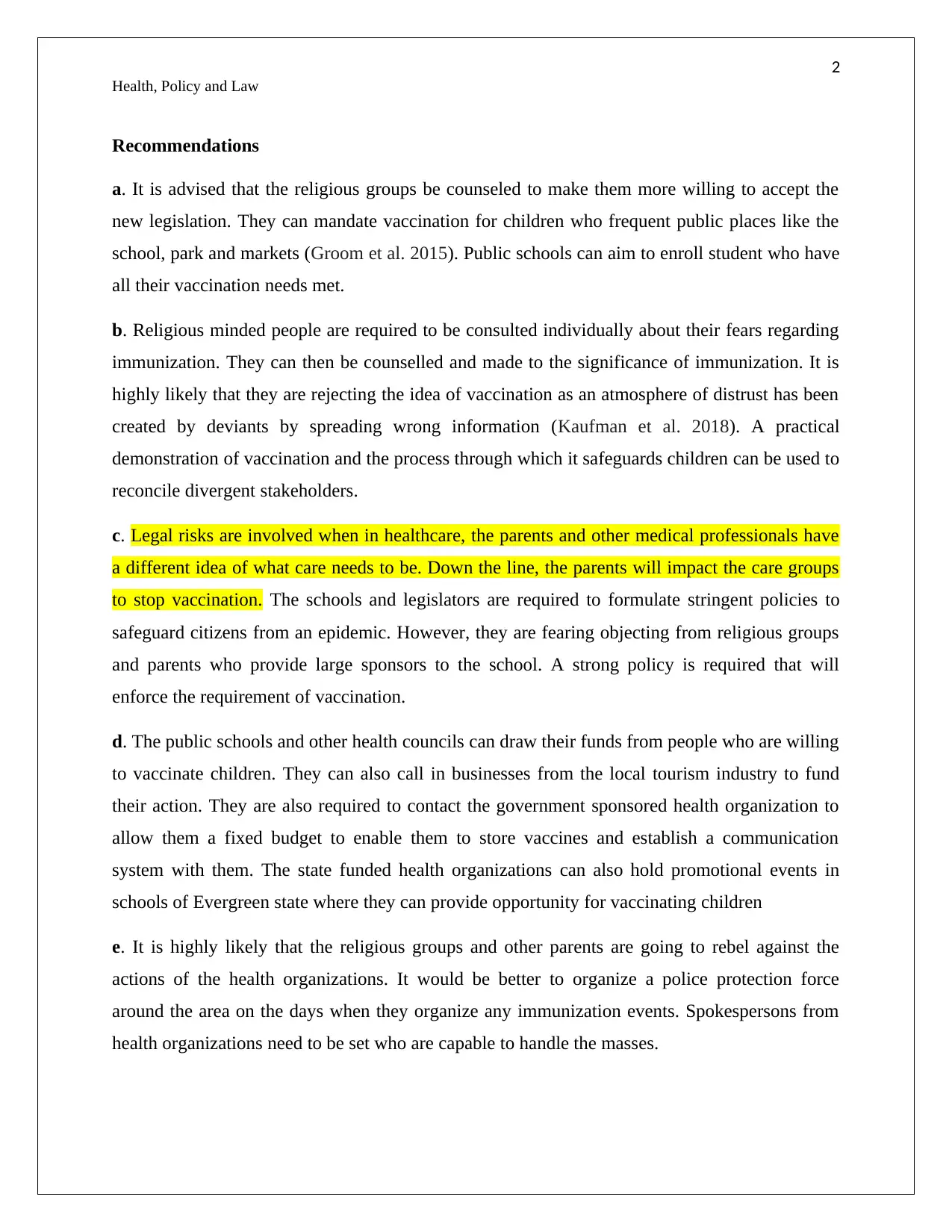

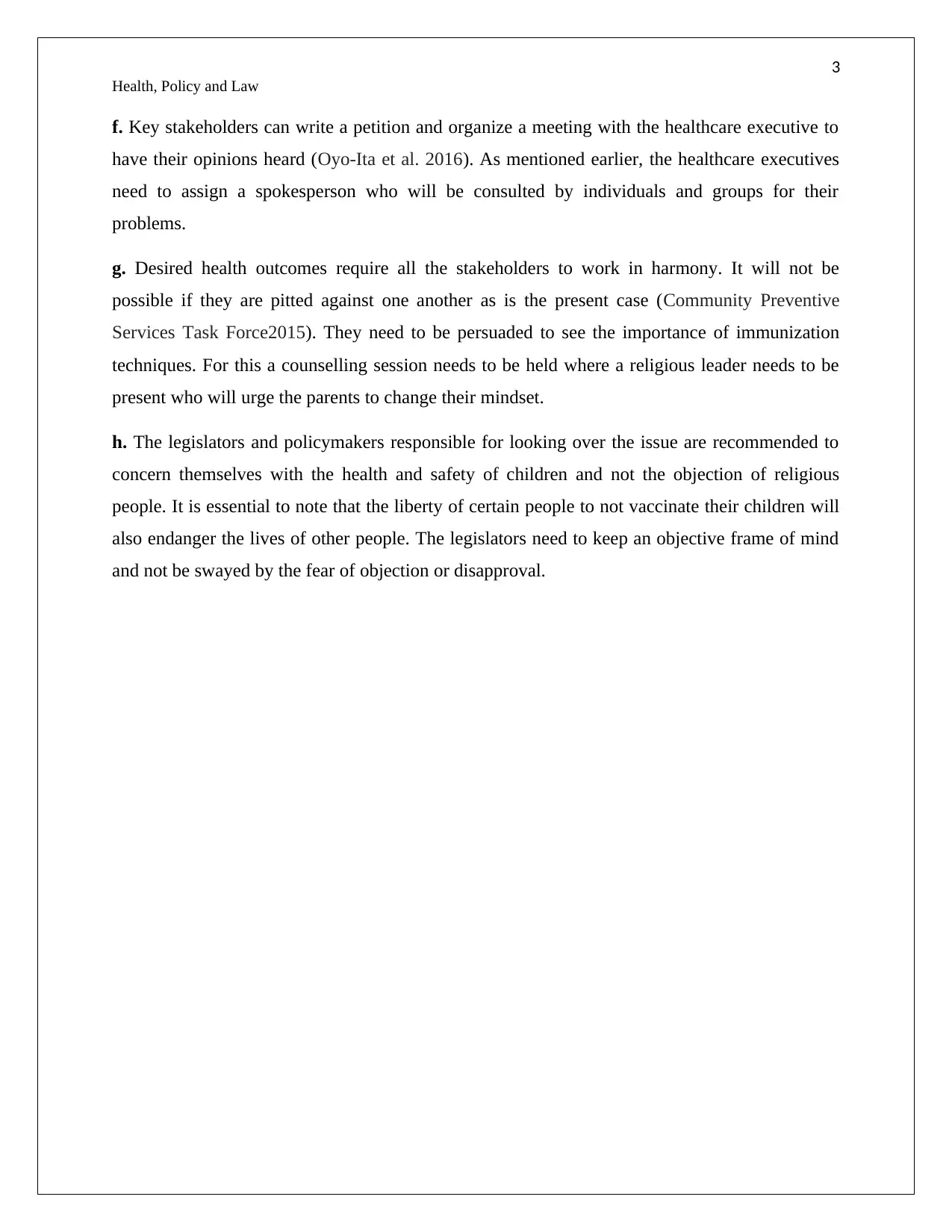
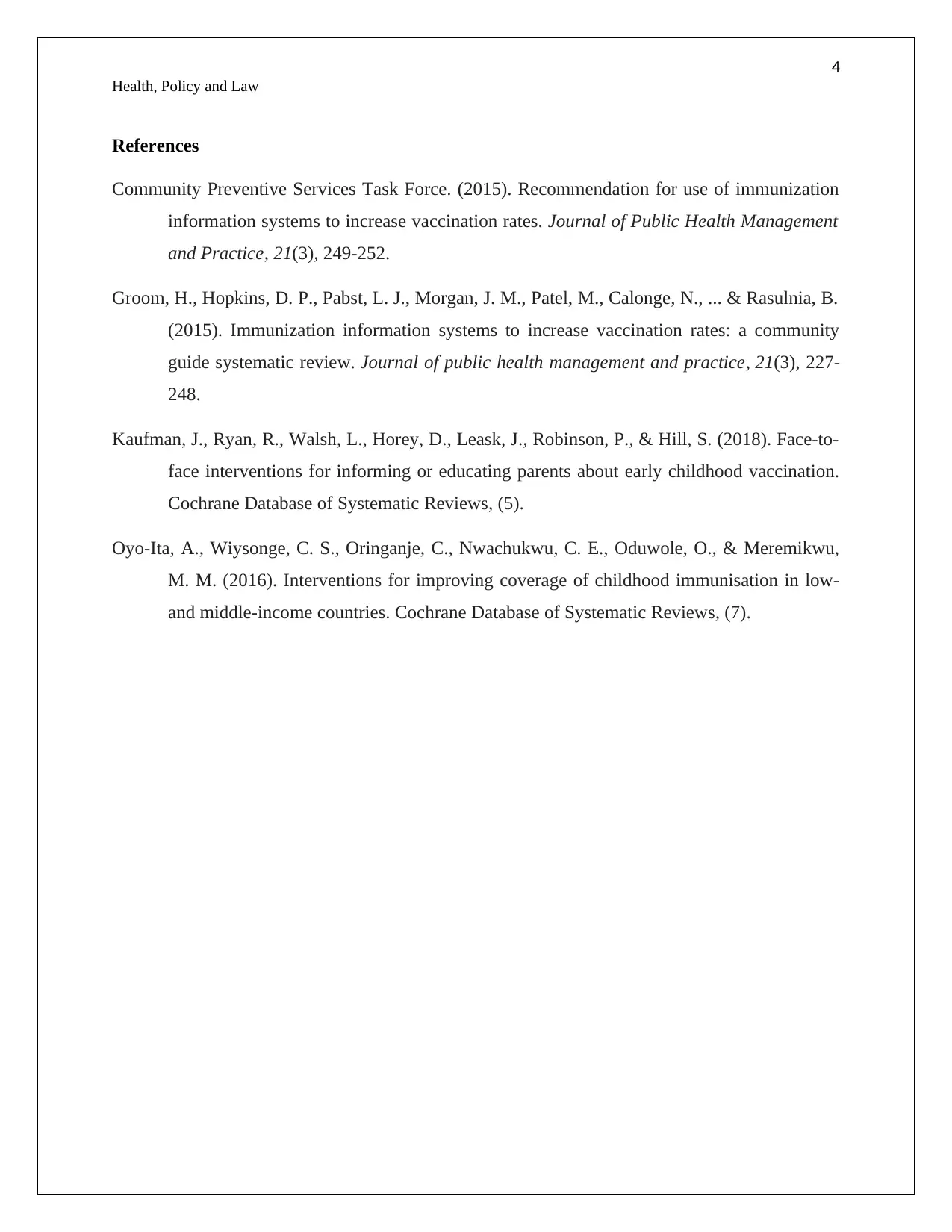






![[object Object]](/_next/static/media/star-bottom.7253800d.svg)